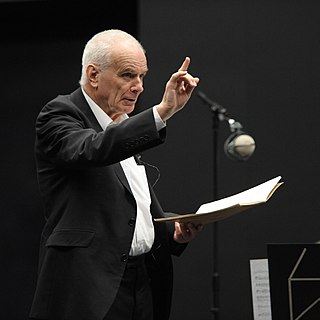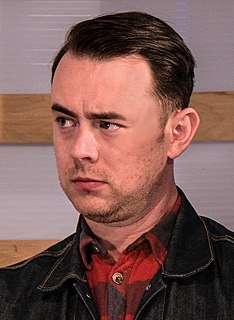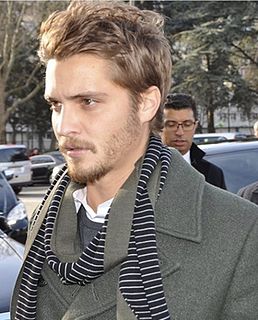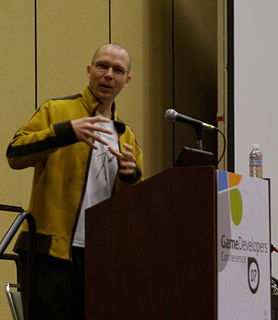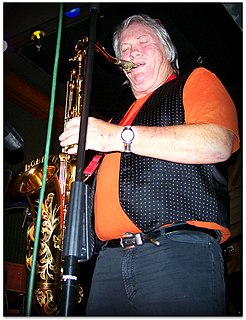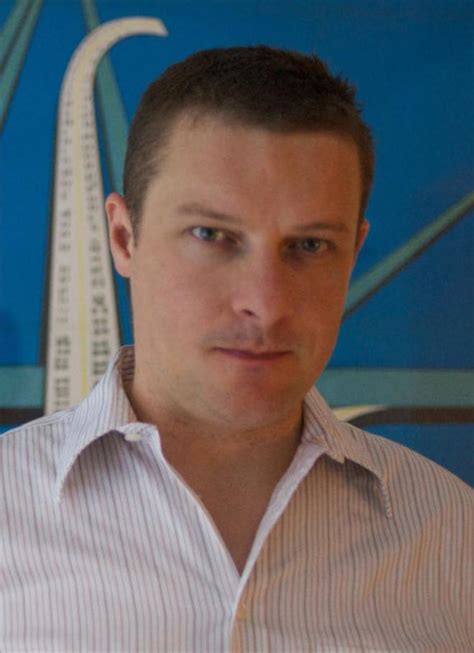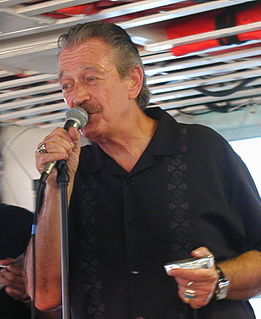A Quote by Sheila Heti
When I'm editing, I try to bring out some dramatic structure. I think it is about theater in some way; it is a little play.
Related Quotes
Each one is different. Each project is different. Some are silly, some are not. Some are more realistic, some are not. Some are overly dramatic, some are not. You've just got to try and find the thing that's most engaging and entertaining in whatever way, shape or form, and it's different every time.
I want to diversify a bit. I don't wanna throw myself into another big blockbuster or another big franchise anytime soon. So smaller films, just small little interesting parts, I think I'd even like to play around with some really good supporting roles and then develop into - I don't know just like feel my way into it a bit more. I don't know, I'd love to try some theater. That's my other thing. I'd love to do some Shakespeare.
I cannot control what you bring into the theater when you see the film. I can't control what my parents bring in. I can't control what some random person on Twitter brings in to the theater. All I can control is the hour and 50 minutes that the movie lasts, and try to give it absolutely everything I can.
Some things I found out in the National Convention I wasn't too glad I did find out. But we will work hard, and it was important to actually really bring this out to the open, the things I will say some people knew about and some people didn't; this stuff that has been kept under the cover for so many years. Actually, the world and America is upset and the only way to bring about a change is to upset it more.
One of the good thing about theater in the states, is that the playwright we do have a say, especially in the beginning, when the play is being discussed around the table. We talk about the play, and the actors listen, and there have been cases, you disagree on something... I mean, actors don't usually tell you what they're going to do, they do it. Of course, you try to speak with the director and say, "Is there any way you can bring this actor to do something different?" You try as much as you can, but then, you also have to be open to interpretation.
What's interesting to me is that in terms of people who I feel are getting what my game is about - and here I'm not even talking about what the elements of the story mean, like, whatever symbolism and metaphors and things are in there. But even the structure of the game, like, there's a fundamental structure and reasons in the way things are laid out, and parts of the game that are meant to draw people's attention to certain things, regardless of what's contained in that structure. And what's interesting to me is that some people get that, and some people don't.
Obviously, where art has it over life is in the matter of editing. Life can be seen to suffer from a drastic lack of editing. It stops too quick, or else it goes on too long. Worse, its pacing is erratic. Some chapters are little more than a few sentences in length, while others stretch into volumes. Life, for all its raw talent, has little sense of structure. It creates amazing textures, but it can't be counted on for snappy beginnings or good endings either. Indeed, in many cases no ending is provided at all.
The relationship with actor and director is probably closer to theater, in that, when we record the dialogue, there is very little in the way of the creative collaboration - no cameras, lighting or even locations. Then, once we record, the post process is very similar to the post flow in filmmaking - editing, sound design, mixing, etc. At the end of the day, it's all about storytelling and honing in on a tone by developing a rhythm and structure that suits the storytelling.

